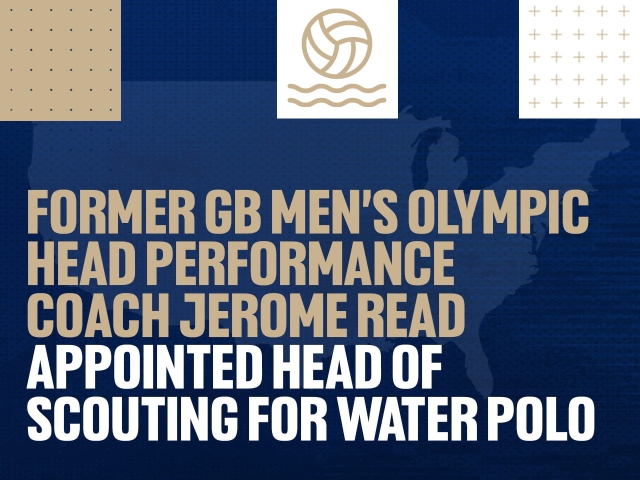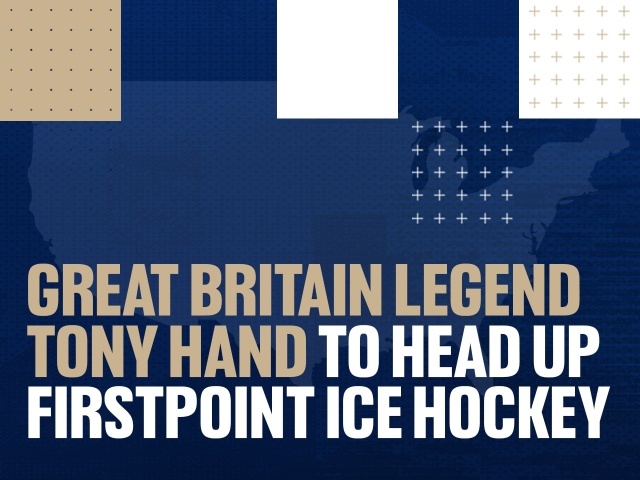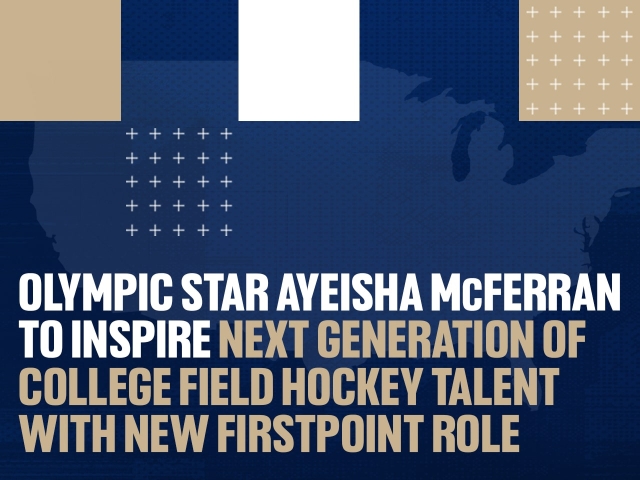For ambitious students around the globe, the dream of studying at an Ivy League university in the USA often shines brightest. These eight prestigious institutions—Brown, Columbia, Cornell, Dartmouth, Harvard, Princeton, the University of Pennsylvania, and Yale—represent the pinnacle of academic excellence, groundbreaking research, and a tradition of shaping global leaders.
But what exactly makes the Ivy League so attractive, so difficult to get into, and yet, so incredibly rewarding?
The Allure of the Ivies: Why Aim for the Top?
The Ivy League isn't just a collection of old, well-funded universities. They are powerhouses of innovation, critical thinking, and a unique educational experience, who have nurtured the talents of Presidents, Nobel Prize Winners and some of the most prominent business leaders in the world.
- Unparalleled Academic Rigor: Ivy League universities offer an education that challenges, inspires, and transforms. With world-renowned faculty, cutting-edge resources, and a commitment to intellectual inquiry, you'll be pushed to your limits and emerge with a profound understanding of your chosen field.
- Prestigious Reputation: The "Ivy League" name carries immense weight globally. A degree from one of these institutions opens doors, commands respect and signifies a level of achievement that few other universities can match.
- Exceptional Resources: From state-of-the-art laboratories and libraries to vast research opportunities and entrepreneurial hubs, Ivies provide an environment where curiosity is nurtured, and big ideas flourish.
- Diverse & Brilliant Peers: Imagine learning alongside some of the brightest minds from every corner of the world. The intellectual energy and diverse perspectives of your classmates will enrich your learning experience immeasurably.
- Lifelong Networks: Perhaps one of the most significant benefits is the access to an incredibly powerful alumni network. We'll delve into this more, but suffice to say, these connections can be invaluable in your career breakthrough and beyond.
The Challenge: Why Are They So Hard to Get Into?
With acceptance rates often in the single digits, gaining admission to an Ivy League university is exceptionally competitive. This isn't just about grades; it's about demonstrating a holistic profile of excellence.
- Global Competition: You're not just competing with students in your home country; you're up against the best and brightest from every nation, all vying for a limited number of spots.
- Holistic Review: Ivy League admissions committees look beyond test scores and GPA. They seek well-rounded individuals who have demonstrated intellectual curiosity, leadership potential, unique talents, and a genuine passion for learning.
- Limited Capacity: Despite their size, these universities maintain low student-to-faculty ratios and a highly personalised educational approach, meaning they simply cannot accept every qualified applicant.
The Rewards: A Lifetime of Opportunity
While the journey to acceptance is arduous, the rewards are truly life-changing.
- Enhanced Career Opportunities: An Ivy League degree is a golden ticket in the job market. Graduates are highly sought after by top companies, research institutions, and governmental organizations worldwide.
- Higher Earning Potential: Numerous studies consistently show that graduates from Ivy League institutions command significantly higher salaries over their careers.
- Influential Alumni Networks: The connections you forge at an Ivy League university extend far beyond graduation. Their alumni networks are incredibly active and supportive, offering mentorship, career opportunities, and a sense of lifelong belonging.
- Personal Growth & Impact: Beyond the tangible benefits, an Ivy League education fosters critical thinking, problem-solving skills, and a global perspective that empowers you to make a significant impact on the world.
A Glimpse at the Eight Ivies
Here's a brief overview of each Ivy League institution, including their current US News & World Report National Universities ranking:
|
Name |
Ranking |
Location |
Known For |
|
Princeton University |
1 |
Princeton, New Jersey |
Its strong undergraduate focus, beautiful campus, and top-ranked programs in humanities, social sciences, and engineering. ` |
|
Harvard University |
3 |
Cambridge, Massachusetts |
Its unparalleled prestige, extensive resources, and leadership in virtually every academic field. |
|
Yale University |
5 |
New Haven, Connecticut |
Its exceptional drama and arts programs, stunning architecture, and a deep commitment to the liberal arts. |
|
University of Pennsylvania |
10 |
Philadelphia, Pennsylvania |
Known as UPenn, its emphasis is on interdisciplinary studies and strong professional schools, including the Wharton School of Business. ` |
|
Cornell University |
11 |
Ithaca, New York |
Its diverse range of programs, including top-ranked colleges for hotel administration, engineering, and agriculture. ` |
|
Brown University |
13 |
Providence, Rhode Island |
Its unique "Open Curriculum," allowing students to design their own course of study without distribution requirements. |
|
Columbia University |
14 |
New York City, New York |
Its strong global focus, core curriculum, and urban setting in one of the world's most vibrant cities |
|
Dartmouth College |
15 |
Hanover, New Hampshire |
Its intimate, undergraduate-focused liberal arts experience and strong sense of community. |
The Admissions Process: What You Need to Know
Applying to an Ivy League as an international student involves several key components:
- Academic Transcripts: You'll need to submit official transcripts from all secondary schools attended, demonstrating an exceptionally strong academic record. A GPA (Grade Point Average) equivalent to 3.8-4.0 on an unweighted 4.0 scale is generally expected, meaning mostly A grades. For Scottish students for example, this would translate to a significant number of A grades at Higher and Advanced Higher levels.
- Standardized Test Scores:
- SAT or ACT: Most Ivies require either the SAT or ACT. Aim for scores in the top percentiles (e.g., 1500+ on the SAT, 33+ on the ACT).
- English Proficiency Tests: If English is not your first language, you'll likely need to submit TOEFL or IELTS scores. Aim for high scores (e.g., 100+ on TOEFL iBT, 7.5+ on IELTS).
- Essays: This is your chance to showcase your personality, passions, and unique perspective. The Common Application essay and university-specific supplemental essays are crucial.
- Letters of Recommendation: Strong letters from teachers who know you well and can speak to your academic abilities and character are vital.
- Extracurricular Activities: Demonstrate sustained involvement and leadership in activities that genuinely interest you, whether that's sports, music, debate, community service, or entrepreneurship. Quality over quantity is key.
- Interviews: Some universities offer alumni interviews, which are a great opportunity to demonstrate your interest and personality.
Tuition Fees & Financial Aid: Making it Affordable
Let's be upfront: Ivy League tuition fees are substantial. For the 2023-2024 academic year, the total cost of attendance (including tuition, fees, room, board, and personal expenses) can range from $80,000 to $90,000 USD per year.
However, here's the crucial part for international students: all Ivy League universities are need-blind for US citizens and permanent residents, and most are also need-blind for international applicants. This means they do not consider your ability to pay when making admissions decisions. If you are accepted, and demonstrate financial need, they will meet 100% of that demonstrated need through a combination of grants and scholarships, which do not need to be repaid. This can significantly reduce or even eliminate the cost of attendance for many students.
It is absolutely essential for international applicants to research each university's financial aid policy carefully, as some (like Cornell and UPenn) are need-aware for international students, meaning your financial need might be a factor in their admissions decision.
World Famous Alum
The Ivy League has produced a remarkable number of influential alumni across various fields, including presidents, global business leaders, sports stars, and actors. Many of these notable figures attended these universities for their undergraduate degrees, laying the foundation for their future success.
Barack Obama is a notable example, having transferred to and graduated from Columbia University before attending Harvard Law School while George W. Bush graduated from Yale University as an undergraduate before earning his MBA at Harvard Business School.
The entrepreneurial spirit is strong among Ivy League alumni. Jeff Bezos, the founder of Amazon, graduated from Princeton University with a degree in electrical engineering and computer science. Elon Musk and Warren Buffett both attended the University of Pennsylvania, with Musk earning degrees in physics and economics and Buffett attending the Wharton School of Business.
While the Ivy League is not known for producing professional athletes in the same volume as larger sports-focused universities, it has produced a number of elite world class competitors. A recent example is multiple Olympic gold-medal winning sprinter Gabby Thomas who graduated from Harvard University with a degree in with a degree in neurobiology and a minor in global health.
Many of Hollywood's biggest stars have an Ivy League education. Matt Damon (Harvard) famously wrote an early version of his Academy Award-winning film Good Will Hunting as a project during his time there. Emma Watson graduated from Brown University with a degree in English literature, and John Legend earned his undergraduate degree at the University of Pennsylvania.
Your High School Roadmap to Success
If you're a senior high school student with big Ivy League dreams, here's what you should be doing:
- Prioritise Academics: Maintain excellent grades in challenging subjects. Take Advanced Higher, AP, IB courses if available and relevant to your chosen field.
- Excel on Standardized Tests: Start preparing early for the SAT or ACT. Consider taking them multiple times to achieve your best score.
- Cultivate Your Passions: Get deeply involved in a few extracurricular activities that you genuinely care about. Aim for leadership roles, initiate projects, or make a tangible impact.
- Develop Strong Writing Skills: Your essays are critical. Practice writing, seek feedback, and allow ample time to craft compelling narratives that highlight your unique voice and experiences.
- Build Relationships with Teachers: Your recommendation letters are powerful. Ensure your teachers know you well and can write glowingly about your abilities and character.
- Start Early: The application process is lengthy. Begin researching universities, understanding requirements, and drafting essays well in advance.
- Seek Guidance: Don't hesitate to seek advice from school counsellors, educational consultants, or even current Ivy League students.
The path to an Ivy League university is demanding, but for those with the talent, drive, and resilience, the rewards—an unparalleled education, a global network, and a lifetime of opportunities—are immeasurable. Start planning now, believe in your potential, and take that bold step towards a truly exceptional future. Get in touch with FirstPoint USA today to find out more.




